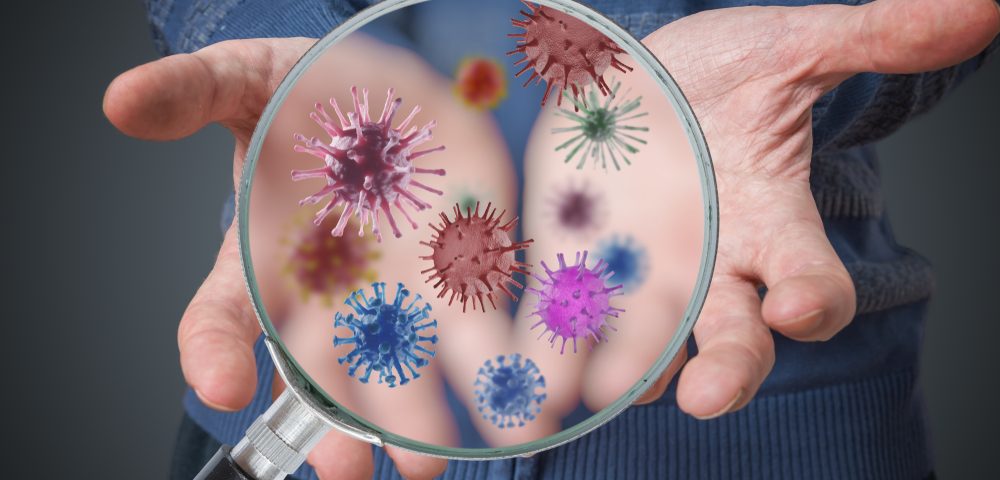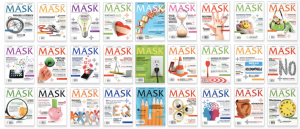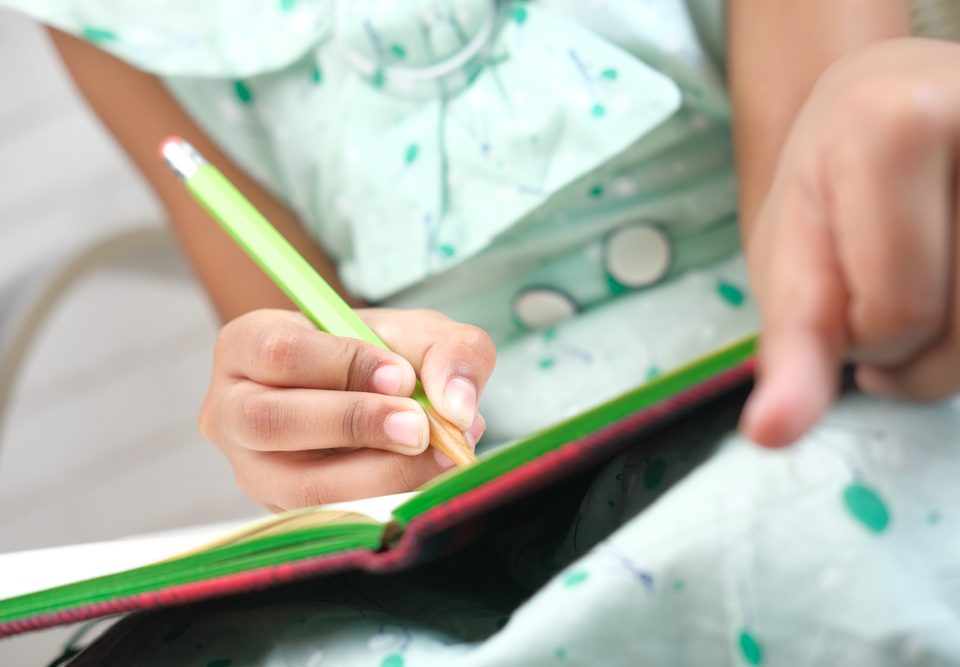
Summer Adventure Awaits
June 4, 2022
From Expectations to Acceptance
June 14, 2022We are all constantly bombarded with images and stories of the dangers of germs. We are told to wash our hands, avoid touching our faces, and clean surfaces frequently. It is important advice that can help reduce our exposure to harmful bacteria and viruses. That’s why hourly home care for the elderly is provided to avoid such bacteria and germs as they are old and cannot keep themselves safe from such bacteria and viruses.
When it comes to germs, it’s important to avoid attracting and coming into contact with them. There are a few simple things you can do to reduce your risk of doing so:
1. Avoid Touching Your Face
Your hands come into contact with surfaces throughout the day, picking up germs. If you then touch your eyes, nose, or mouth, you’re introducing those germs directly into your body. To avoid this, make a conscious effort not to touch your face throughout the day. If you must touch your face, make sure your hands are clean first.
2. Wash Your Hands Often
One of the best ways to avoid unnecessary germs attraction and contact is by keeping your hands clean and free of dirt. Washing your hands regularly with soap and water can help remove any dirt or germs that may be present on your skin. In addition, using an alcohol-based hand sanitiser can also kill any bacteria or viruses that may be present on your hands. If you come into contact with someone sick, it is important to wash your hands as soon as possible to avoid spreading the illness.
3. Disinfect Surfaces Regularly
Surfaces in your home or office can harbor germs, so it’s important to disinfect them regularly. It is especially true for frequently touched surfaces, such as door handles, light switches, and countertops. Use a household cleaner or disinfectant wipes to clean these surfaces daily.
4. Avoid Close Contact
When someone is sick with a respiratory illness, they can spread the illness through droplets from coughing or sneezing. To avoid coming into contact with these droplets, it’s best to avoid close contact with sick people. If you must be around someone who is sick, be sure to keep a distance of at least six feet.
5. Stay Home When You’re Sick
If you are sick, it is important to stay home and rest. It will help your body fight off the illness and prevent you from spreading it to others. In addition, you should avoid contact with others, including shaking hands or hugging. If you must be in close contact with someone sick, wash your hands thoroughly afterwards.
6. Cover Your Mouth and Nose
Cover your mouth and nose with a tissue or your sleeve when coughing or sneezing. It will help prevent the spread of germs through droplets. If you don’t have a tissue handy, coughing or sneezing into your elbow is also effective.
7. Get a Flu Shot
One of the best ways to prevent the spread of illness is to get a flu shot each year. The flu shot helps protect you from the most common strains of the virus, making it less likely that you’ll get sick. It’s also important to encourage others to get vaccinated, especially those at high risk for complications from the flu, such as young children, pregnant women, and the elderly.
8. Practice Good Hygiene
Good hygiene habits are essential for preventing the spread of germs. Be sure to wash your hands often, disinfect surfaces regularly, and stay home when you’re sick. These simple steps can go a long way in protecting yourself and others from illness.
9. Avoid Sharing Personal Items
It is also important to avoid sharing personal items with others. It includes towels, clothing, bedding, and utensils. If you must share these items, wash them thoroughly before using them again. You should also avoid sharing food or drinks with someone who is ill.
Many germs are spread through direct contact with other people or surfaces contaminated with germs. You can help protect your children from becoming sick by teaching them to avoid unnecessary contact with germs.
Here are some tips to help you teach your children how to avoid unnecessary contact with germs:
- Please encourage them to wash their hands often, especially before eating and after using the restroom.
- Teach them to cough or sneeze into their elbow or a tissue, then throw the tissue away and wash their hands.
- Remind them not to touch their face, especially their eyes, nose, and mouth.
- Help them understand why it’s important to avoid touching other people or surfaces unnecessarily.
- Please encourage them to clean up any messes they make, such as spills or soiled tissues.
- Explain to them how germs can spread from person to person and how sick people can spread germs even when they don’t feel sick themselves.
- Make sure they know that it’s okay to ask you or another adult for help if they’re not sure how to avoid contact with germs.
Following:
By following these simple tips, you can help avoid unnecessary germs attraction and contact. Remember to wash your hands regularly, avoid touching your face, and share personal items carefully. If you are sick, stay home and rest to help your body recover.
Rabia Gul Khan is an enthusiastic writer, she loves to read and write about new technology, fashion, design, health, and traveling. She is keen to pen down the latest information and knowledge to educate readers about new things.She also finds her interest in writing about marketing and latest trends.
MASK the Parenting Magazine a quarterly publication providing solutions for Today’s Families.
The parenting manual offering solutions to the modern-day challenges families face. From Pre-K
through College stay up to date on the modern day issues families face.
Are you up to date on the issues your child is facing?
MASK Mothers Awareness on School-age Kids offers parenting solutions for today’s families. MASK tackles important topics – from drugs and alcohol to bullying and Internet safety -and gives students, parents and the community the knowledge and tools to manage these potential challenges.
Subscribe today! https://www.tools4teaching.com/product/mask-the-magazine/
Download and share the MASKmatters app now! Made for children, parents, teachers and in Spanish.
Have solutions at your fingertips
Available free on apple and google play links below
Apple https://apps.apple.com/us/app/maskmatters/id1482305692
Google Play
https://play.google.com/store/apps/details?id=com.maskmatters.maskmattersapp&hl=en_US&gl=US




